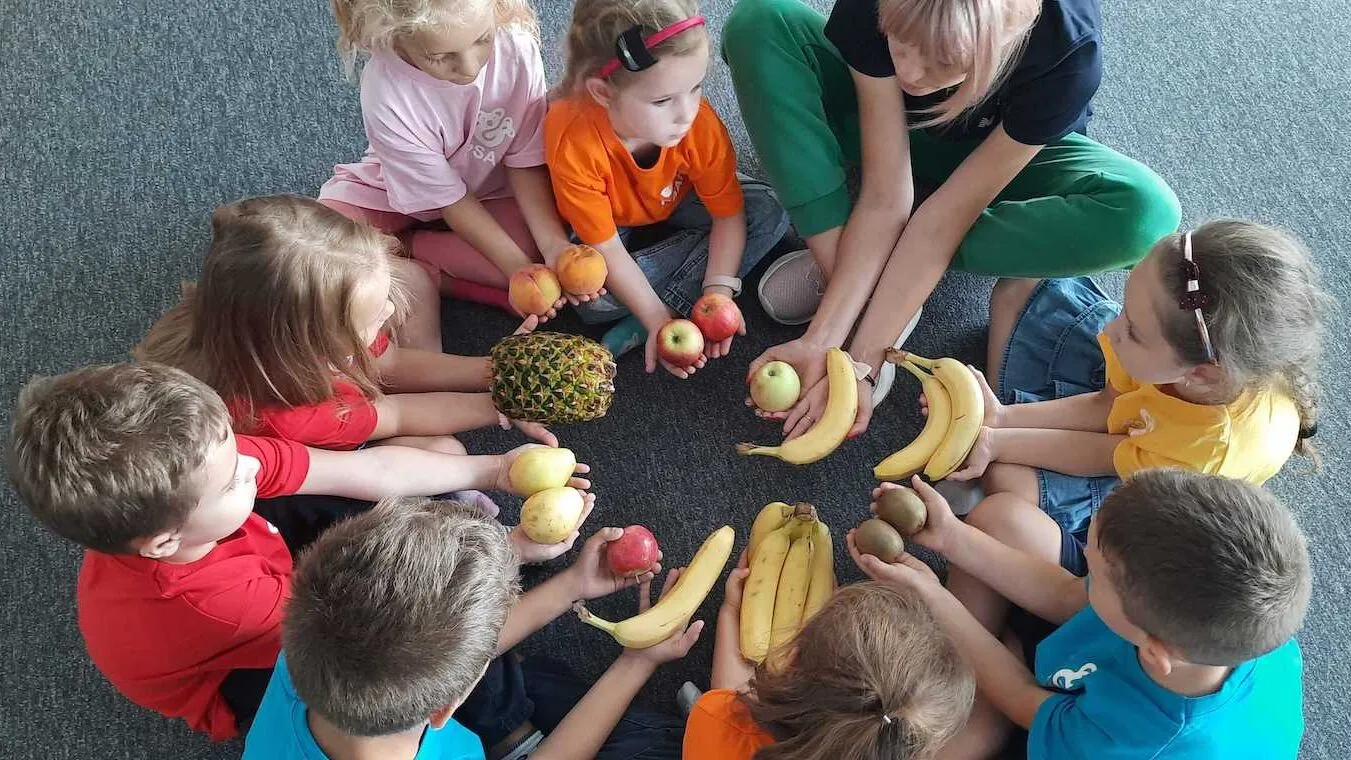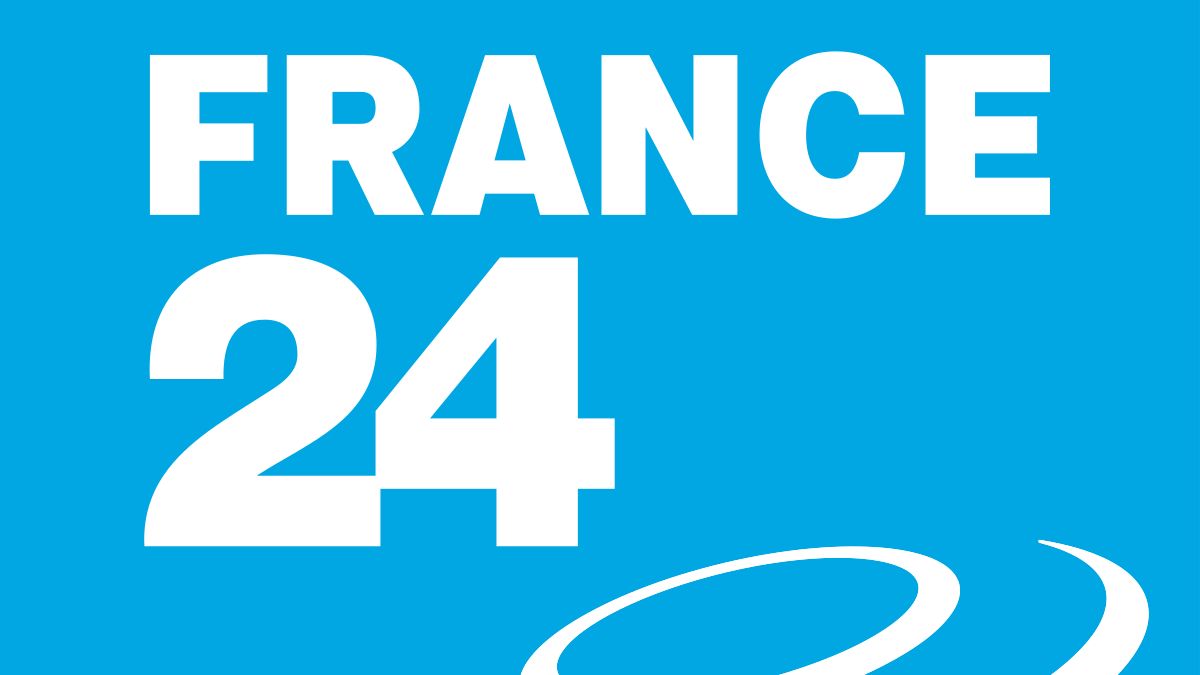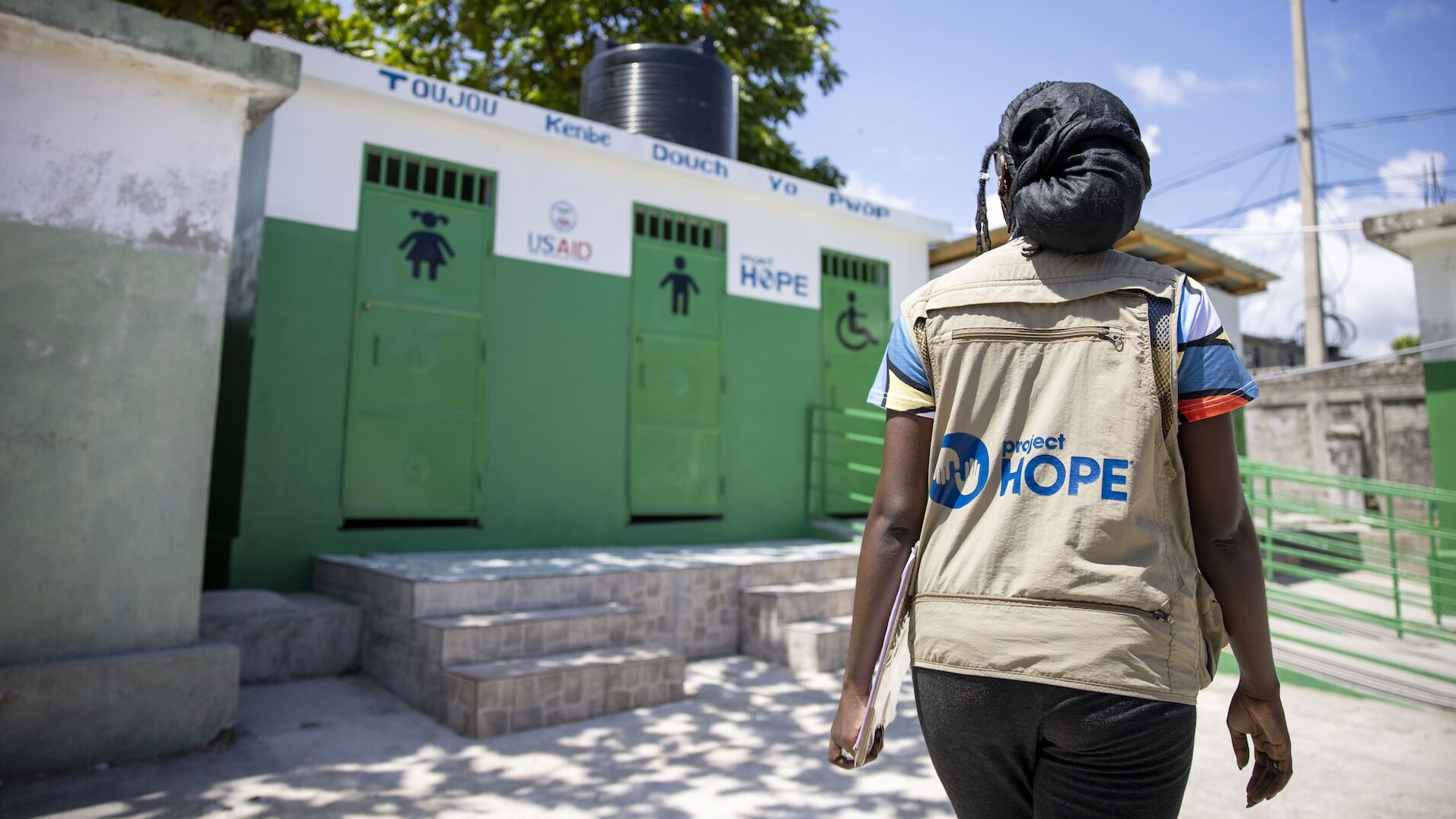In Poland, Ukrainians Find A Safe Space
In Rzeszów, Poland, Ukrainian refugee women and children are finding solace at a child-friendly space and mental health and psychosocial support center established with help from Project HOPE.

Not long ago, 11-year-old Petro and his mother made the grueling decision to leave their home in Ukraine and seek safety across the border in Poland.
In Ukraine, Petro was fun, witty, sensitive—a cute and precocious little boy with a childhood like any other. But on February 24, all of that changed. Russia’s invasion upended Petro’s world, like so many others, and thrust him into the unknown.
Today, Petro is one of hundreds of thousands of Ukrainian children who have fled to safety in Poland. A childhood of school, friends, and play has been lost, and in its place is a new life far from home, in a country that is not his, with a future suddenly in doubt.
Petro’s mother, Anna, faces her own challenges. Like most Ukrainian refugees, she has had to flee her country without her partner, meaning that she has sole responsibility of caring for her son and herself amid the stress of being a refugee. Every day, the list of unknowns gets longer: They don’t know when they will return, what they will return to, or what will have been lost forever.
Anna has struggled to adjust to life in Rzeszów. Many times, she does not recognize her own son: The funny, lovable boy has been replaced by a child carrying the scars of war. Petro now fights, shows aggression, has outbursts of anger and ignores authority. Anna has never needed the tools to deal with these emotions, and some days, with no other option, she has wondered whether it would be better to send him to a special school and see him only on weekends.
On a warm August morning, Anna and Petro enter the side building of a commercial complex and take the elevator to the top floor. When they step off the elevator, they have arrived at a space where they can lay their armor down.

This center, called TUTU (“tu” is the Polish and Ukrainian word for “here”), was built to provide a safe space where children can play and interact with other children from Ukraine and where they and their caregivers can receive mental health and psychosocial support as they settle into a new country while grappling with the trauma of conflict and loss—the loss of their homes, family, and friends to the war.
At first, Anna brought Petro to TUTU just so she could get a break. Now she goes to therapy with other women from Ukraine while Petro plays with other kids and attends specialized art and group therapy sessions. Five stories above the bustling city streets, TUTU is a quiet and spacious refuge for its visitors, with floor-to-ceiling windows inviting lots of natural light. Some of the refugees who come to TUTU spent months hiding out in dark basements and makeshift bunkers in Ukraine. Some of the children can sit for hours quietly looking out the windows.
“Kids are not supposed to see certain things before a certain age,” says Jan Marković, co-founder of the local NGO, PSAR, which operates the center. “War is not something adults are supposed to see, either. But when this happens to a child who is 5, 10, or 15, they just don’t have enough life experience to deal with it. The pressure that’s put on them is too much.”
Poland has welcomed more refugees than any other country in Europe since the war began—around 3.4 million Ukrainians. Most of them are women and children. Project HOPE provided a $425,000 grant to PSAR, (Podkarpackie Stowarzyszenie dla Aktywnych Rodzin, or The Podkarpackie Association for Active Families) for the creation of a child-friendly space for Ukrainian children in Rzezów, including a space where mothers and caregivers can receive mental health support. In May, PSAR and Project HOPE opened the Center for Psychophysical Development TUTU, which has provided mental health assistance to more than 3,900 Ukrainians.
“When the war broke out and hundreds of thousands of people started crossing our border, we were all wondering what we could do to help,” Marković says. “We already worked in education and civic society with children and families… we started little projects, but there’s no way we could have established a center like this without finding a partner like Project HOPE. We wouldn’t be able to rent this space, hire Ukrainian-speaking staff and psychologists, and we wouldn’t have any equipment. It’s as simple as that. This would not be possible without Project HOPE’s generous support.”
TUTU is centrally located on the right bank of the city, a little over two kilometers from the main square of Rzeszów. From across town, you can get to the center in less than 30 minutes, without having to change buses.
When children visit TUTU for the first time, they engage in semi-structured play in a bright and colorful room full of toys, including board games, bean bags, building blocks, and a climbing wall.
Teachers and therapists observe and watch for signs of distress as the children play, noting aggression in some children, like Petro, and others who are more composed and withdrawn. Some hastily act out scenes from the war, others draw dismembered bodies with colored pencils in silence. It’s not uncommon for children to panic and grip tightly to teachers when a fire alarm goes off in the distance — a routine drill that reminds them of Russian air raid alarms. Older siblings tend to assume the role of a caretaker, taking responsibility for their younger brothers or sisters, other children, and sometimes even teachers and therapists.
Then, depending on their behavior, children are engaged in more structured activities, like individual or group therapy.
“Most of the time, these children are not willing or able to speak about their trauma,” Marković says. “But they can express their feelings through play, music, and art. We’re giving them outlets to help them understand what’s happened and redefine what is healthy and normal. Bombs are not normal. What’s happening in Ukraine is not normal.”
Unfortunately, there is a strong stigma around seeking mental health services, and inviting Ukrainian refugees to the center hasn’t been easy.
“If we say directly, ‘Our psychologists will work with you or your children,’ a lot of parents will flat out refuse,” Marcović says. “So, the focus is on activities. And then when the parents see that what we’re doing is helping, that their children are calmer, that they can sleep through the night, they often decide to come, too.”

Yeva, a woman in her fifties, has been attending art therapy classes at TUTU. Back in Dnipro, her hometown in eastern Ukraine, she was taking care of her sick mother with help from other family members. When the invasion started, the rest of her family quickly fled. She refused to leave her mother’s side. As fighting intensified and she saw her fellow civilians get killed, she realized her mother would be left all alone if she was killed, too. Reluctantly, she arranged for her to be admitted into a nursing home, and then left to join her daughter and grandchildren in Poland.
Two weeks later, her mother died.
Yeva’s feelings of grief and guilt are immense, but she didn’t feel like she could express them in front of her family. She wanted to stay strong for them. Alone, she would lock herself in the bathroom and cry. In art therapy sessions at TUTU, she has begun sharing her feelings and is starting to forgive herself with the empathy of other refugee women. The sessions have become a “lifesaver” for her. This is the only time and place where she feels can take care of her own feelings and needs.
At TUTU, women like Yeva are able to find a new community and support one another as they adjust to life in a foreign country. For children, TUTU is a safe place where they can have fun and form new friendships, creating new ties to replace the ones so suddenly cut when they had to leave home.
Marković says that the uncertainty around what will happen next is the greatest source of stress for the refugee population at this point. Ukrainian families don’t know if they will stay in Rzeszów, go back home to Ukraine, or travel farther west. They don’t know when the war will end, if there’s anything to go back to, or what winter will bring.
“Some of our beneficiaries are told by their husbands that it’s safe to come back to Ukraine now,” Marković says. “They’re at a point where several bombs a day is not a big deal. A lot of these refugees are on the fence, and a lot depends on what happens next—how the war develops, and what opportunities present themselves in Poland. Part of what we try to do is provide the resources and tools they need to be able to make a decision and react to whatever happens, whether they decide to go back or they decide to stay.”
For Anna and Petro, those resources have helped them adjust to the unknown together. Petro no longer feels abandoned by the one person he held close, and Anna no longer feels like she must face the struggle alone. Therapy has been life-changing for both of them: Petro can now lose a game without aggression, no longer attacks other children, and apologizes to the therapists on his own. Anna, too, has changed how she communicates. In a future filled with unknowns, TUTU has given them a renewed sense of hope.
In the coming months, TUTU and Project HOPE will continue providing mental health support to the city’s new refugee population, helping women and children find their way through the darkest times of uncertainty.



